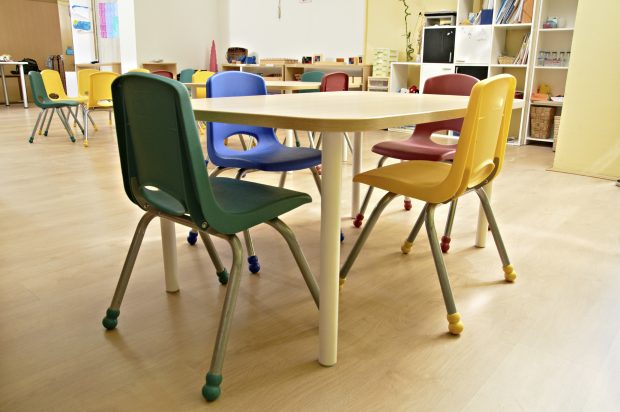
Today's Education in the media looks at what the department is doing to improve social mobility, the Teaching Excellence and Student Outcomes Framework, and school surpluses.
Grammar schools report
Today, 27 March, Durham University published research on grammar schools and on the attainment of pupils at selective schools comparative to non-selective schools. Amongst its key points, the report claims that social mobility is hampered by grammar schools.
Improving social mobility is one of the department’s key priorities, and it has taken a number of steps to doing so. Last year, the government launched its social mobility action plan – Unlocking Talent, Fulfilling Potential – the aim of which is to boost opportunities for all young people. On top of this, the department has committed over £70m to 12 social mobility ‘cold-spots’ throughout the country – known as Opportunity Areas – to raise standards and improve outcomes for children in the regions.
Research shows that disadvantaged pupils make very good progress in selective schools – this highlights the positive impact that grammar schools can have on improving social mobility for disadvantaged pupils.
The research was covered in The i, BBC Online, Mirror, Sun, and the Metro. The report was also covered on broadcast this morning by BBC Breakfast and the Today Programme.
A Department for Education spokesperson said:
We want every child to receive a world class education and to give parents greater choice when it comes to picking the school that’s right for them – grammar schools are a part of this. Around 60 per cent of these schools already prioritise admissions for disadvantaged children and we are continuing to work closely with the school sector to widen access further. Research shows that pupils from disadvantaged backgrounds make better progress across core subjects in selective schools, and attain better results.
Teaching Excellence and Student Outcomes Framework
Today the Guardian has run a critical piece on the Teaching Excellence and Student Outcomes Framework (also known as TEF), stating that department’s plans will negatively affect courses such as nursing.
The department is determined to make sure that prospective students have the information they need to make the best choices in terms of the course they take at university, which university they attend and the value for money they receive.
The current institutional-level TEF, which takes account of graduate earnings, is part of this drive to make sure that students are well aware of the value for money their prospective course provides, but it is misleading to say that this is endangering nursing and similar courses.
Our framework takes account of the fact that the median salary for 25-29 year olds is currently £21,000. Given that the average nursing wage is above the stated median salary, it would mean that nursing would contribute positively toward a university’s institutional-level TEF.
On top of this, graduate earnings is just one of a number of metrics taken into account in determining a university’s TEF rating.
A Department for Education spokesperson said:
The TEF will help applicants make better choices, and ensure that more students get the value for money they deserve from higher education. Student will have more information than ever before, allowing them to drill down and compare universities by subject and hold universities to account for the education they provide.
The TEF takes a range of measures into account when rating providers and is misleading to suggest they would be affected the average salaries of a small number of professions, regardless of the level. Additionally the average wage in teaching and nursing is above the national average for 25-29 year olds, according to the independent ONS.
School funding
The Guardian has today published an opinion piece by education commentator Laura McInerney focusing on school debt and funding.
The piece states that ‘schools are up to their eyeballs in debt’, with one in four local authority schools and half of academies spending more than they received in funding last year.
It is very important to note that a school spending more than its income in any one year does not necessarily mean they are in debt, as schools may for example draw on their funding reserves in a particular year to spend on capital projects.
We trust schools to manage their own budgets and only a small percentage are operating with a cumulative deficit, with far more schools having a surplus. The latest published figures for England’s schools showed 2,819 (94.5 per cent) academy trusts and 14,645 (91 per cent) Local Authority maintained schools reporting a cumulative surplus or zero balance, with total surpluses of more than £4 billion. This is against 165 academy trusts and 1,461 Local Authority maintained schools with a cumulative deficit, with a total deficit figure of less than £300m.
Follow us on Twitter and don't forget to sign up for email alerts.